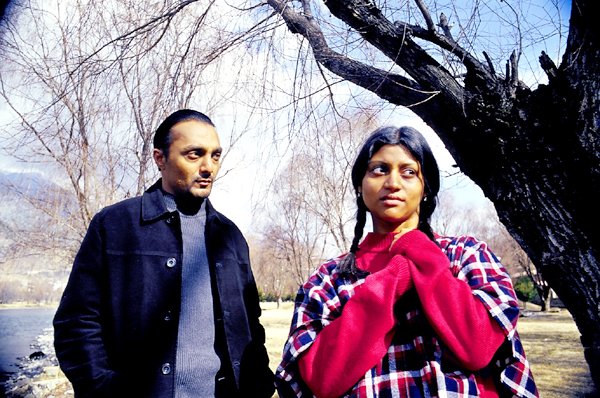
Studies show that schizophrenia is a surprisingly common illness with a life-time risk of approximately 1 in 100 people. This risk seems to be largely independent of culture and socio-economic status. in men the most likely age of onset is in the mid-20s, but the illness can occur in children as young as eight, and typical schizophrenia symptoms can occur for the first time in the elderly. The illness is equally common in women, but the average age of onset is a few years later than in men, that is in the early 30s.
The cause of schizophrenia remains unknown but it is generally assumed that it has an organic basis. there is strong evidence for a genetic component and some evidence that risk is increased by birth injury and by viral infection during pregnancy. there is no evidence that psychosocial factors can “cause” schizophrenia, except, possibly, in individuals already at risk.
In order to be diagnosed as schizophrenic the patient must report particular kinds of bizarre experiences and beliefs. many of the schizophrenia symptoms involve hearing voices (hallucinations). These voices are described as, “discussing my actions”, “talking to me”, “repeating my thoughts”. Commonly found bizarre beliefs (delusions) are that “others can read my thoughts”, that “alien forces are controlling my actions”, that “famous people are communicating with me”, that “my actions somehow affect world events”. more rarely the patients speech becomes extremely difficult to understand and is described as incoherent.
We only know about the bizarre experiences and beliefs because the patient tells us about them (symptoms). in addition there are abnormalities in behaviour that we can observe (signs). for instance, the patient may show a réduction in spontaneous behaviour in many areas, resulting in poverty of speech, poverty of ideas, poverty of action, and social withdrawal (Table 1.3). These signs are called “negative” because they represent an absence of behaviour that is present in normal people. Reduction of spontaneous behaviour tends to become more marked with time. in the later stages of the illness the bizarre experiences and beliefs may no longer be much in evidence and only the “negative” signs (poverty of speech, etc.) are present. Diagnosis of schizophrenia in these cases depends upon reports of positive symptoms present in earlier stages of the illness. Depending upon the definition of schizophrenia applied, between 30 and 50% of cases progress to this chronic deteriorated state within two to five years after first admission. Acute episodes with bizarre schizophrenia symptoms can still occur in these chronic deteriorated cases.